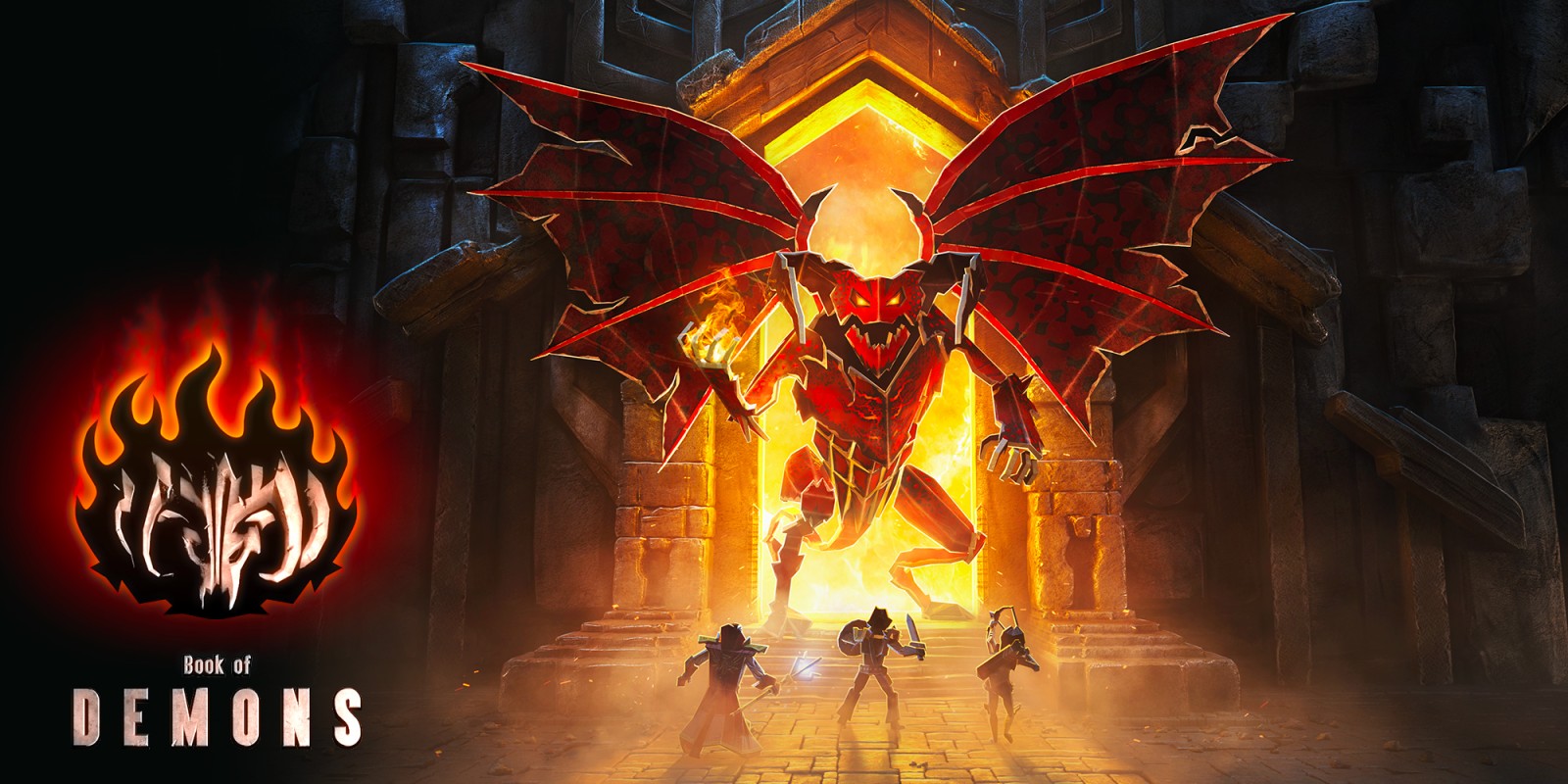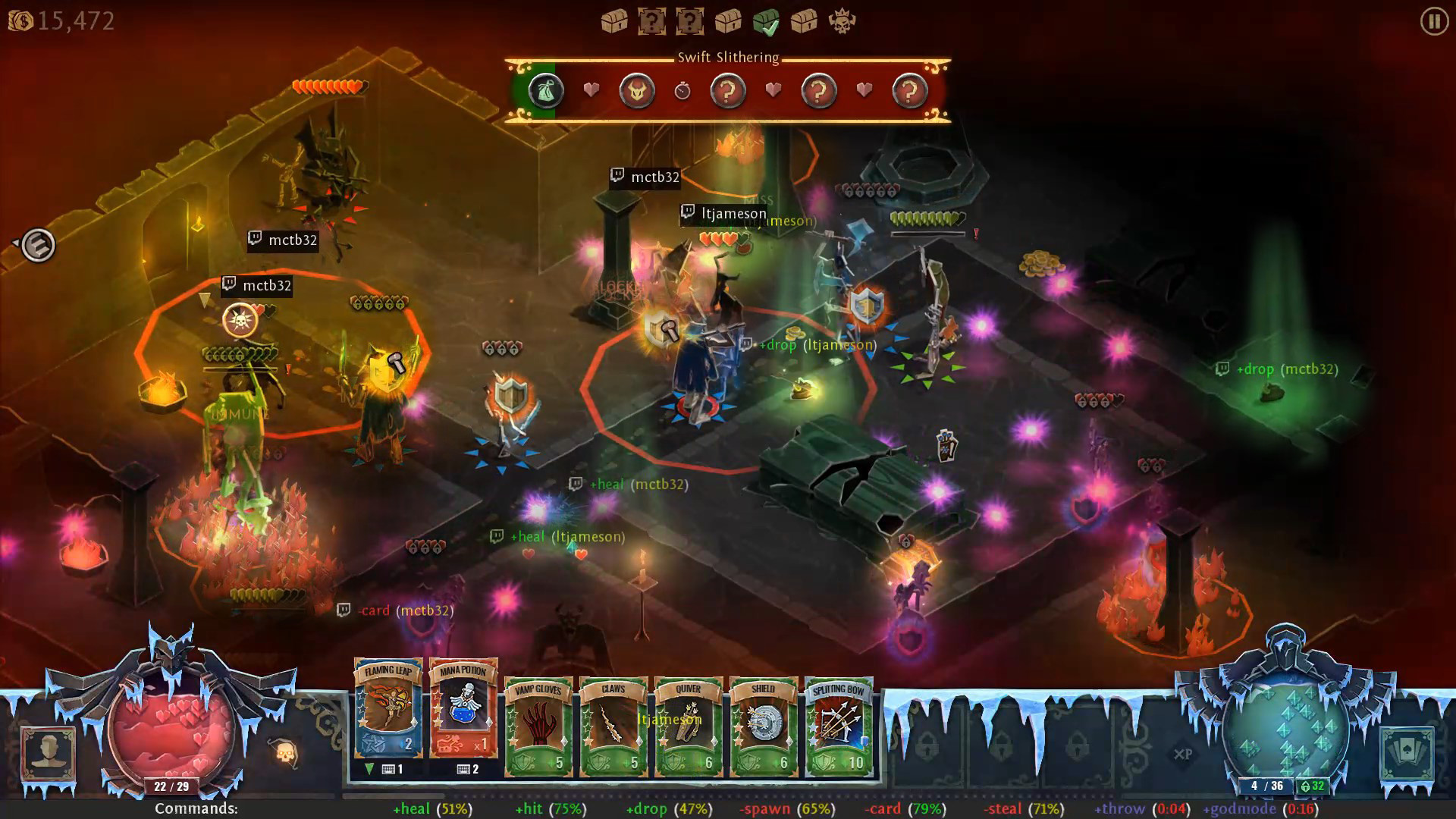
Now the Overlords made their announcement:

He partially succeeds, is shocked by what he sees, and chooses to keep silent.įive decades after their arrival, the Overlords finally reveal their appearance: large bipeds that resemble the traditional Christian folk images of demons, with cloven hooves, leathery wings, horns, and barbed tails. When the meeting ends, Stormgren, having determined the view screen is nothing more than one-way glass with Karellen sitting in a dark room, shines a powerful flashlight he has smuggled aboard through the glass. At their next visit, Karellen tells Stormgren that the Overlords will reveal themselves in 50 years, when humanity will have become used to their presence.

Stormgren is later kidnapped and taken to meet with a leader of a group trying to learn about the Overlords the man simply asks him questions about the details of how they meet. For the meetings, Stormgren boards one of the spaceships and sits in a well-lit room with only a chair and view screen, never seeing Karellen or any other Overlords. The Overlord Karellen, the "Supervisor for Earth," periodically meets with Rikki Stormgren, the Secretary-General of the United Nations. Some humans are suspicious of the Overlords' benign intent, as they never allow themselves to be seen. They overtly interfere only twice: in South Africa, where, some time before their arrival, apartheid has collapsed and been replaced with aggressive persecution of the white minority and in Spain, where they put an end to bull fighting. In general, they let humans go on conducting their affairs in their own way. After one week, the aliens announce they are assuming supervision of international affairs, to prevent humanity's extinction. When vast alien spaceships suddenly position themselves above Earth's principal cities, the space race ceases. In the late 20th century, the United States and the Soviet Union are competing to launch the first spacecraft into orbit, for military purposes. In some editions, the short first chapter is a separate prologue rather than the beginning of the first part. The novel is divided into three parts, following a third-person omniscient narrative with no main character. The Syfy Channel produced a three-part, four-hour television miniseries of Childhood's End, which was broadcast on 14–16 December 2015. In 1997, the BBC produced a two-hour radio dramatization of Childhood's End that was adapted by Tony Mulholland.

The novel's theme of transcendent evolution also appears in Clarke's Space Odyssey series. Director Stanley Kubrick expressed interest in the 1960s, but collaborated with Clarke on 2001: A Space Odyssey (1968) instead. Several attempts to adapt the novel into a film or miniseries have been made with varying levels of success. The novel was nominated for the Retro Hugo Award for Best Novel in 2004. Along with The Songs of Distant Earth (1986), Clarke considered Childhood's End to be one of his favourites of his own novels. The book is often regarded by both readers and critics as Clarke's best novel and is described as "a classic of alien literature". Completed and published in 1953, Childhood's End sold out its first printing, received good reviews and became Clarke's first successful novel. The story follows the peaceful alien invasion of Earth by the mysterious Overlords, whose arrival begins decades of apparent utopia under indirect alien rule, at the cost of human identity and culture.Ĭlarke's idea for the book began with his short story "Guardian Angel" (published in New Worlds #8, winter 1950), which he expanded into a novel in 1952, incorporating it as the first part of the book, "Earth and the Overlords". Childhood's End is a 1953 science fiction novel by the British author Arthur C.


 0 kommentar(er)
0 kommentar(er)
